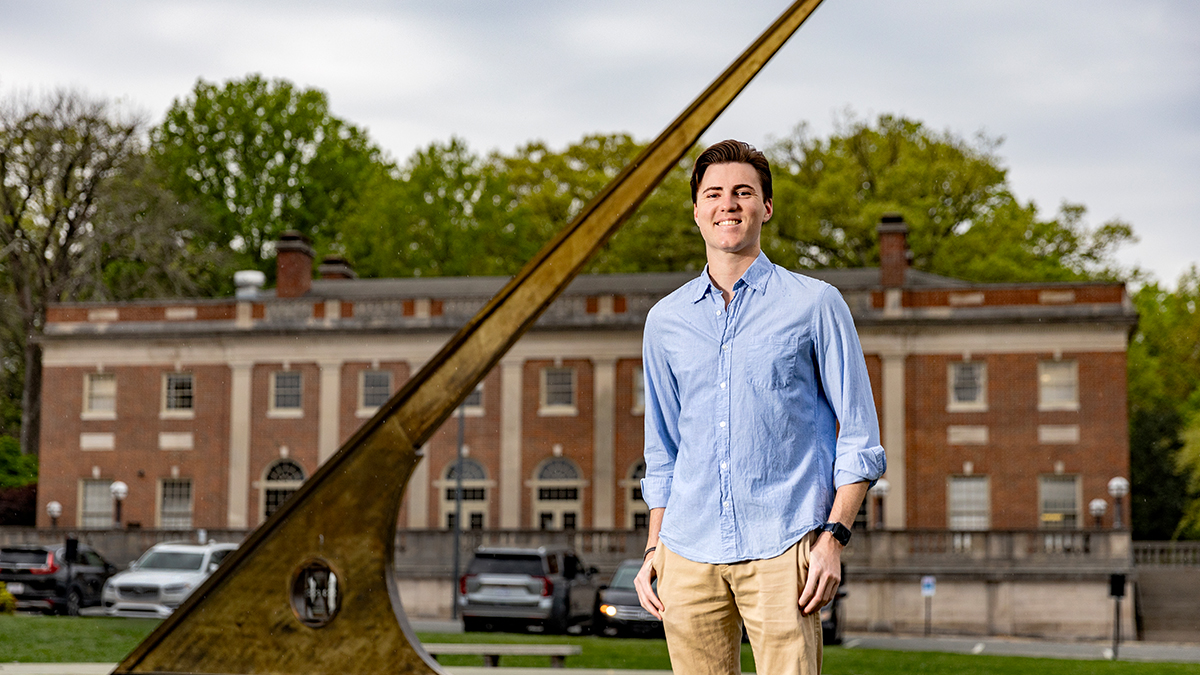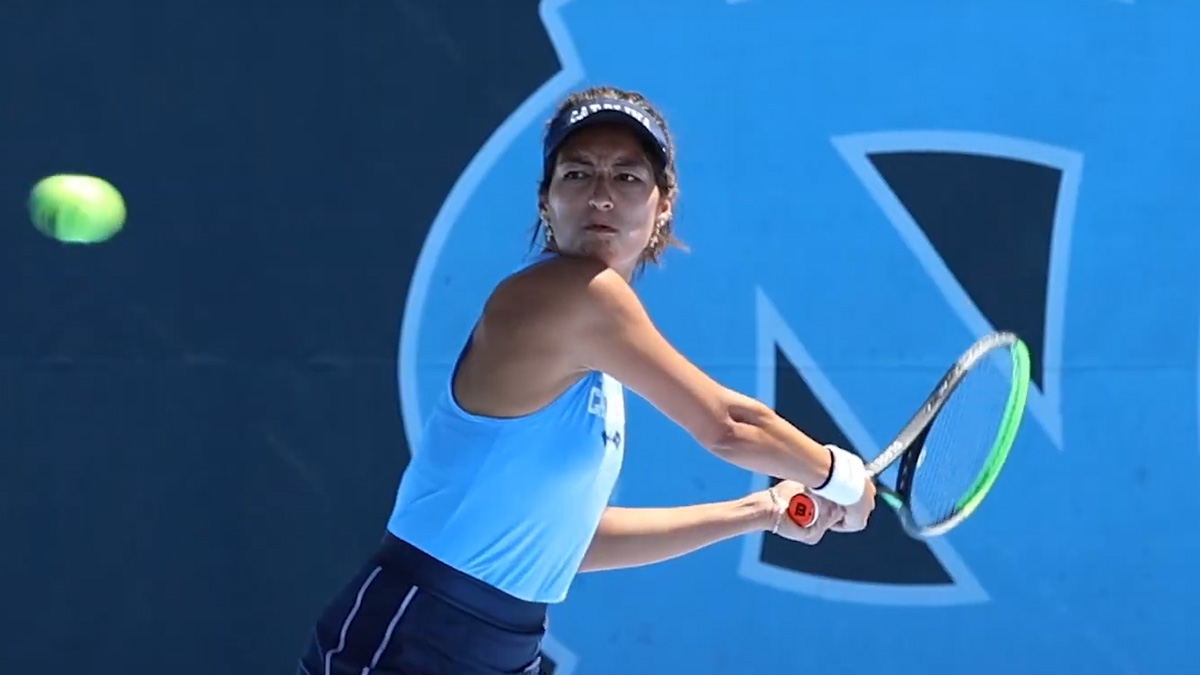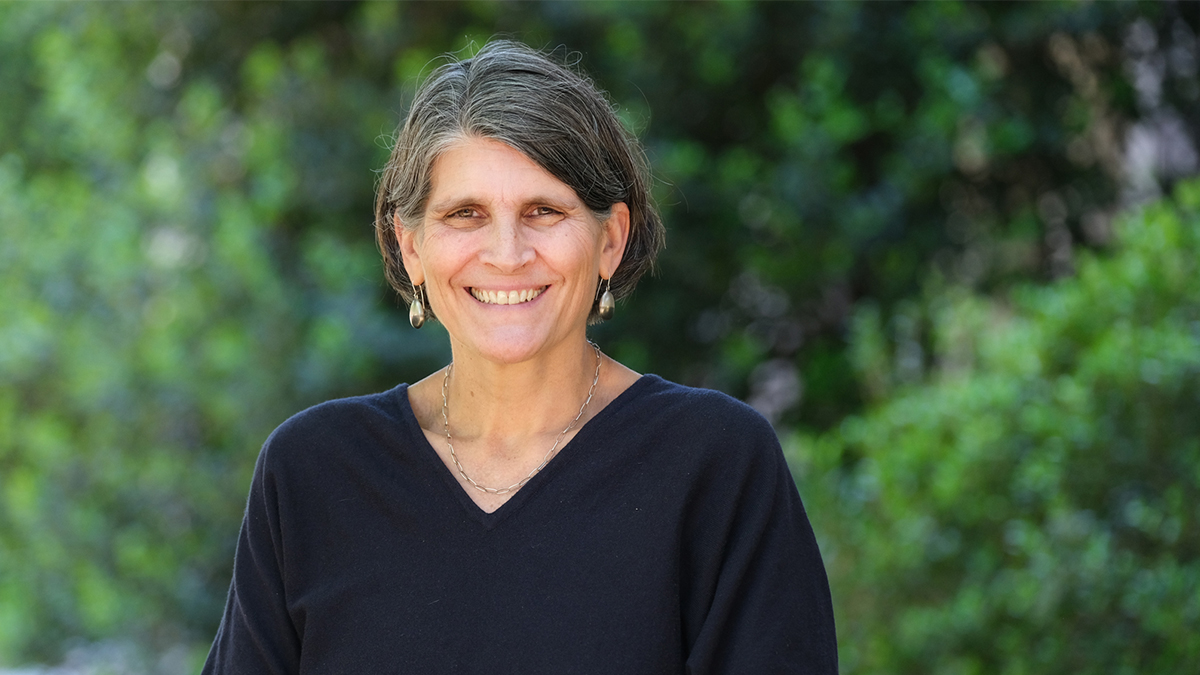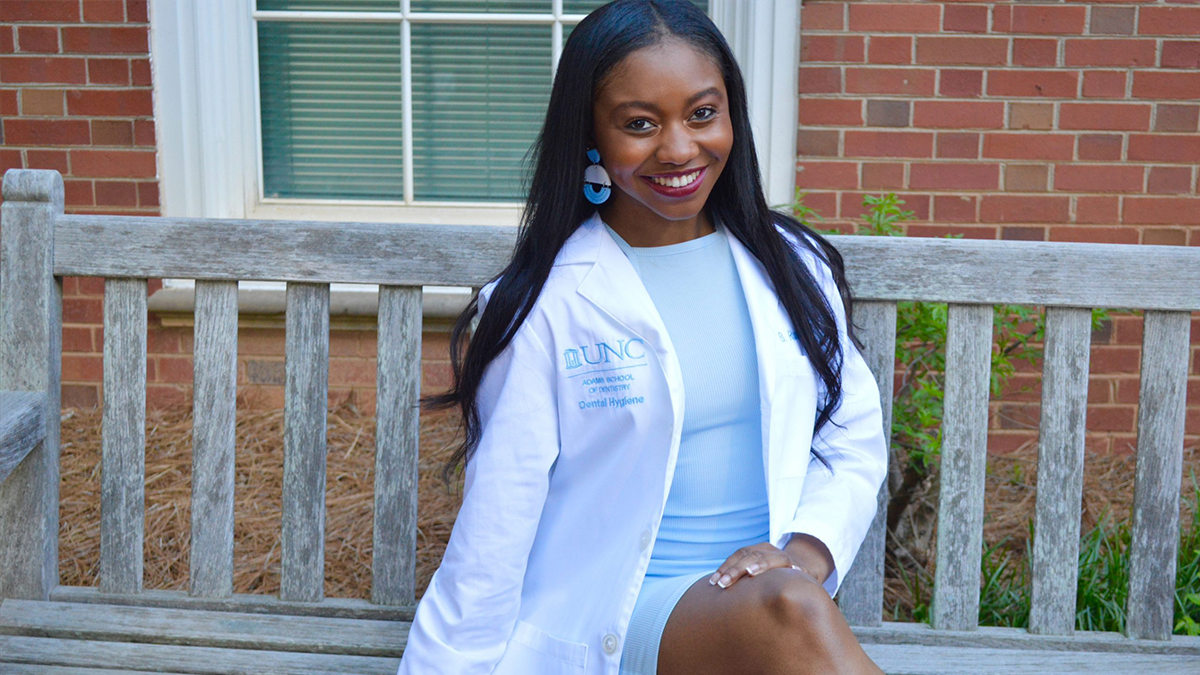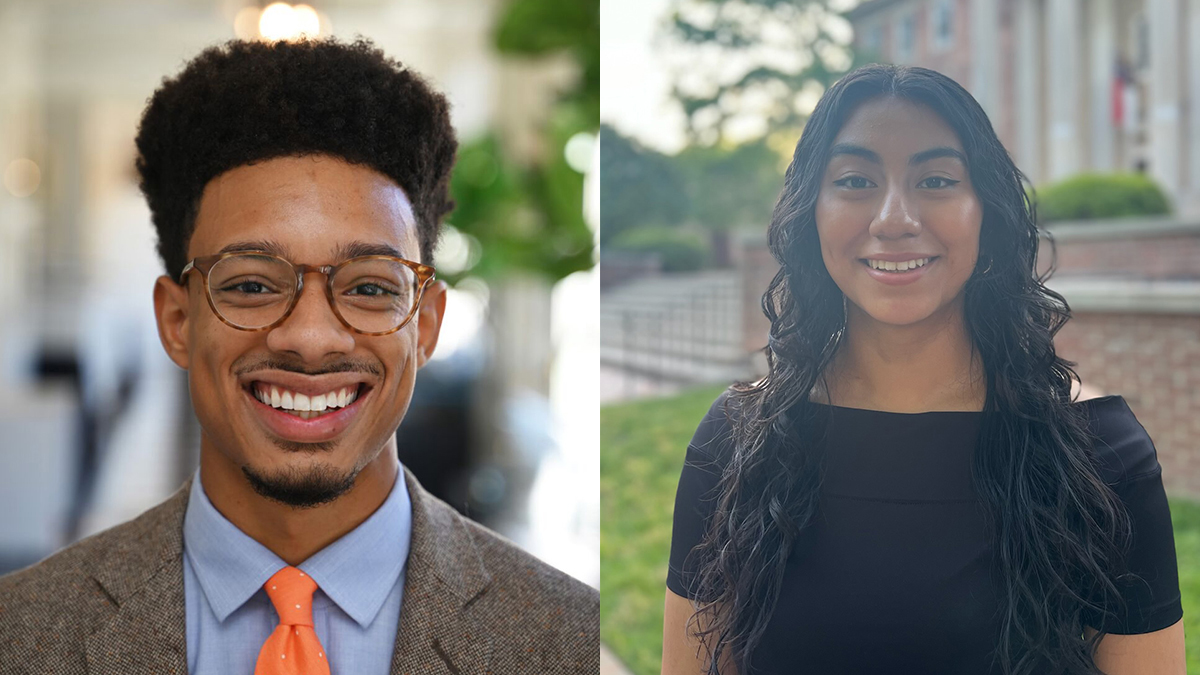Reluctant hero coaxed out of retirement to direct COVID-19 testing lab
A self-proclaimed “Debbie Downer,” Massey Award winner Susan Fiscus kept insisting that the impossible couldn’t be done even as she made it happen.
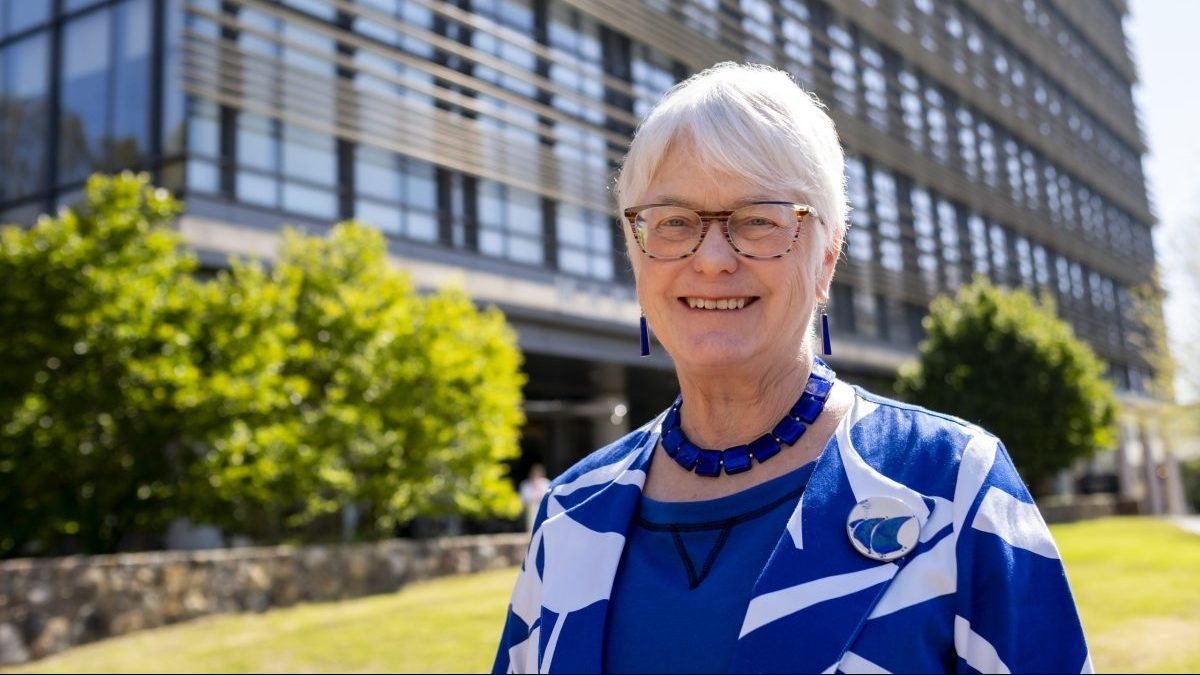
What her colleague and mentor was asking for was clearly impossible. Susan Fiscus knew that. Before the director of the Retrovirology Core Laboratory retired from Carolina in 2014, she spent 25 years setting up testing labs around the world. The exacting process required to get a certified facility up and running could take several months to complete.
But Dr. Myron Cohen proposed a much speedier project when he called Fiscus in October 2020, as the COVID-19 pandemic dragged on and months before vaccines were available. If Carolina had any hope of returning students to in-person classes in spring 2021, explained the director of the Institute for Global Health and Infectious Diseases, a comprehensive and rigorous testing process needed to be in place almost immediately.
The COVID Surveillance Lab he wanted her to direct would have to be operational no later than Jan. 11, 2021.
“I kept saying, ‘It can’t be done. We can’t do this. It is impossible,’” Fiscus recalled. But the lab came online in a miraculous 11 weeks. And the three leaders of the Carolina Together Testing Program (Fiscus, Dr. Amir Barzin and Amy James Loftis) who made it happen each received prestigious Massey Awards.
Retirement interrupted
Cohen called on Fiscus for her help precisely because she was retired. All the other active researchers on campus with her testing expertise were already committed to other COVID-19 projects. Fiscus was the only one with the experience and time on her hands.
Not that she had been sitting idle for the past six years. Fiscus serves as laboratory director for bioMONTR Laboratories in Research Triangle Park. She liked to quilt and do genealogical research on her family. And she cared for her husband, who has a chronic illness.
Because of her husband’s illness, Fiscus told Cohen that she would only be able to work on a part-time, temporary basis. She also specified a particular partner for the project, longtime protégé Loftis. The two had worked together for many years, since Fiscus hired her in 2000, setting up testing labs in some of the remotest regions of the world.
“I have to have Amy,” she told Cohen. “She’s the only person in the world, certainly the only one in North Carolina, that I know can do this.”
Fiscus eventually brought on board two other former Retrovirology Core Laboratory employees. Safety officer Ada Cachafeiro had retired in 2011, and quality control manager Priya Joshi had resigned several years earlier to be a stay-at-home mom.
“Just as in the ‘Blue Brothers,’ we got the band back together,” Fiscus said.
Mission impossible
Fiscus never doubted the mission behind establishing the campus testing lab. “Having been in college and having kids in college, I know that in-person college experience is important,” she said. But the aborted attempt to return to on-campus instruction in fall 2020, without vaccines and without testing, was “a disaster,” she said. “They sent kids home after a week or two of classes. We had to do something better.”
That meant students would need to be tested regularly for COVID-19. She knew Carolina had the expertise to set up and run such a facility. What worried her was “the scale and the urgency,” she said.
This story is part of The Well’s coverage of the C. Knox Massey Distinguished Service Awards, which recognize “unusual, meritorious or superior contributions” by University employees. Look for new recipient profiles to come orfind profiles from past years.
The number of students at Carolina needing to be tested regularly required running 15,000 tests a week, with about 2,000 specimens handled daily. And test results needed to be turned around as quickly as possible for the program to be effective. Those who tested positive would have to be isolated so the virus didn’t spread.
Most important, they had to get the lab operational before the next semester began. “We knew there was a deadline, that we would have to start testing on Jan. 11,” she said. “It just went at warp speed.”
Debbie Downer and the Energizer bunnies
To oversimplify their roles on the testing team, Fiscus worked remotely while Barzin and Loftis managed the on-site logistics.
“They were the Energizer bunnies,” Fiscus said. “I was Debbie Downer.”
Despite her pessimism about meeting the project’s deadline, she worked diligently at home, setting up standard operating procedures to ensure safety and accuracy and ensuring the lab would receive the critical Clinical Laboratory Improvement Amendments certification.
That diligence paid off. Just before Christmas 2020, the testing lab was ready to run the verification tests that are required by CLIA before testing patients. Using specimen samples from the University of Washington in Seattle, they ran the tests and got the right results on Jan. 5, less than a week before the Jan. 11 deadline.
“This duo led an extraordinary effort to establish UNC’s frontline of defense,” wrote Cohen in nominating Fiscus and Loftis for the Massey Award. “Because of Susan and Amy’s unique expertise in lab technology and processing excellence … they were able to quickly establish a high-quality testing infrastructure on campus. All of this would have normally taken years to develop, but this duo did it in a matter of months.”
No one was more surprised than the lab’s director. “I kept saying, ‘We’ll never do this,’ but we did. And they were right.”
